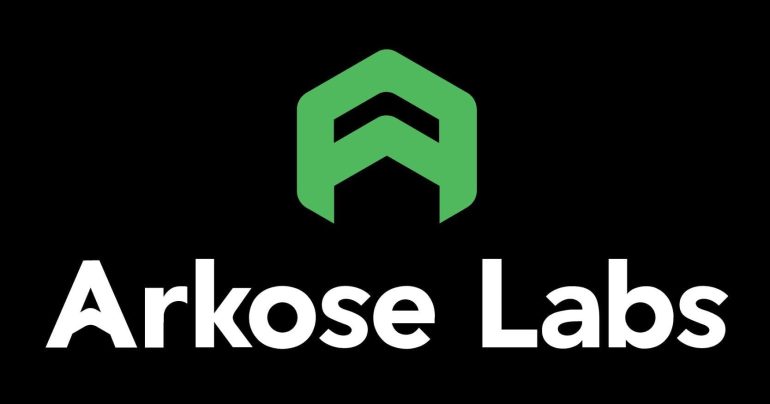- Arkose Labs unveils pioneering protective measures for GPT applications, targeting emerging threat vectors like GPT prompt compromise and LLM platform abuse.
- Enterprises utilizing GPT applications and LLM platforms are at high risk of cyber attacks.
- Before Arkose Labs’ intervention, a GPT platform faced over 2 billion bot attacks, costing millions monthly in compute resources.
- Arkose Bot Manager led to a remarkable 99.22% reduction in LLM platform abuse within days of deployment.
- New capabilities by Arkose Labs counteract GPT prompt compromise and LLM platform abuse, crucial for defending against generative AI-driven cyber threats.
Main AI News:
Arkose Labs, the foremost authority in bot management and account security, has unveiled its innovative protective protocols tailored specifically for GPT applications. These cutting-edge measures address the pressing necessity for preemptive defenses against emerging threat vectors, such as GPT prompt compromise and LLM platform abuse.
Enterprises integrating GPT applications and trailblazing LLM platforms find themselves prime targets for malicious entities, and the risks posed are considerable.
Prior to adopting Arkose Labs’ solution, a GPT platform encountered a relentless onslaught of over 2 billion bot assaults. These attacks not only overwhelmed the platform’s computational capabilities but also incurred exorbitant costs, totaling tens of millions of dollars monthly in compute resources. Legitimate users faced accessibility issues as bots commandeered the platform, utilizing proxies and redoubling their efforts to harvest the platform’s insights through compromised account credentials. However, within a matter of days post-deployment of Arkose Bot Manager, the GPT platform witnessed a staggering 99.22% decline in LLM platform abuse.
Arkose Labs’ latest offerings effectively counteract nascent threat vectors, encompassing:
- GPT prompt compromise: This attack variant enables bots to systematically submit prompts and extract responses, with the aim of either training their own models, peddling similar services, or obtaining access to proprietary, confidential, and personal data.
- LLM platform abuse: This attack mode involves the creation of unauthorized platform replicas and illicit reverse proxying, facilitating the replication of the platform’s insights. These insights are then utilized to develop counterfeit services increasingly utilized in generating phishing emails, producing deepfake videos, and perpetrating other illicit activities. Additionally, these insights empower nefarious actors to evade geographical restrictions enforced by jurisdictions such as China and others.
“Generative AI not only amplifies traditional cyber threats like scraping but also introduces novel perils such as GPT prompt compromise and LLM platform abuse,” remarked Ashish Jain, Chief Product Officer at Arkose Labs. “The protective measures we are unveiling today are battle-tested and leverage AI to fortify the AI technologies that businesses are harnessing.”
Vikas Shetty, Vice President of Product Management at Arkose Labs, echoed this sentiment, stating, “Our commitment is to outpace cybercriminals, safeguarding the secure and seamless utilization of transformative AI technologies by our clientele. Our proactive interventions have yielded significant reductions in attack volumes and internal fraud costs, while concurrently enhancing the experiences of legitimate users.”
Conclusion:
Arkose Labs’ initiative to fortify enterprise GPT applications marks a pivotal advancement in cybersecurity. By addressing emerging threat vectors like GPT prompt compromise and LLM platform abuse, Arkose Labs is not only safeguarding businesses against current risks but also future-proofing them against evolving cyber threats. This underscores the growing importance of proactive defense mechanisms in an increasingly digitized and AI-driven business landscape.

